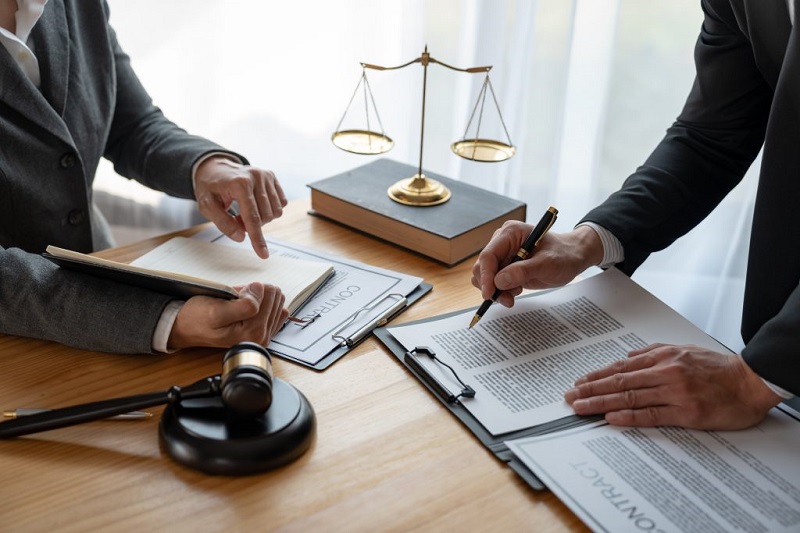Employment law cases can get complicated fast. These disputes involve everything from discrimination to wrongful termination, and emotions usually run high. Lawyers must present clear evidence while breaking down company policies, timelines, and motives. In these moments, expert input makes a real difference.
That’s where expert witness services come into play. These professionals bring experience, neutrality, and clarity to both sides of the courtroom. Judges and juries benefit from their insights on hiring practices, policy enforcement, and workplace norms. In this article, we’ll explore how these specialists contribute to legal cases, and why their presence often tips the scales.
Clarifying Company Policies and HR Procedures
Workplace policies may appear straightforward on paper, but in court, they can seem vague or inconsistent. A trained witness explains how such policies function in a real-world setting. They help others understand whether the rules were applied fairly or misused to target a specific individual.
This kind of context is particularly relevant in disputes involving discipline, termination, or promotion. An experienced professional knows how internal procedures should operate. They can point out flaws or confirm proper conduct, making the facts more straightforward to follow for those unfamiliar with business practices.
Breaking Down Allegations of Discrimination
Claims of employment discrimination based on age, gender, race, or disability require more than just accusation. The court needs to determine whether the actions taken were lawful or rooted in bias. That’s where an objective expert proves vital.
These specialists analyze workplace behavior, patterns in decision-making, and relevant documentation to identify areas for improvement. Their analysis can reveal whether an employer adhered to fair hiring or firing standards. A seasoned expert also compares actions to industry norms, helping determine what’s reasonable or unusual based on experience.
Interpreting Workplace Investigations
Many companies launch internal investigations in response to receiving complaints. However, how those investigations are conducted often becomes part of the dispute. An outside expert assesses the quality of the process used, which can support or damage a defense.
They evaluate who was interviewed, how evidence was gathered, and if bias affected the outcome. By doing so, they shed light on whether the investigation was thorough and impartial. A well-qualified professional has likely led dozens of similar investigations themselves.
Evaluating Performance Reviews and Termination Records
Personnel records are typically a crucial component of employment cases. But performance ratings and warnings can be misinterpreted without proper context. An expert helps judge if those records reflect legitimate feedback or if they were used to justify a poor decision.
They look at timelines, rating criteria, and supervisor notes. These professionals bring structure to what might seem like a confusing paper trail. Their goal is to separate emotional claims from documented facts using objective measures.
Supporting Legal Teams Without Bias
Legal teams value witnesses who present facts without taking sides. An expert’s job isn’t to defend a company or side with a plaintiff; it’s to share truthful, reliable insight. That neutral stance builds credibility in the courtroom.
Professionals in this role answer complex questions simply and directly. They remain calm under pressure, helping attorneys strengthen their case through grounded, honest testimony. Their career background and training make them a trusted resource for both parties involved in a dispute.
When employment law cases involve serious claims, clear expert input can change the outcome. Judges and juries benefit from grounded testimony rooted in real experience. Whether reviewing workplace procedures or highlighting unfair practices, expert witness services bring order to complex legal issues. These professionals help explain the how and why behind what happened, keeping the focus on truth, not just argument.







